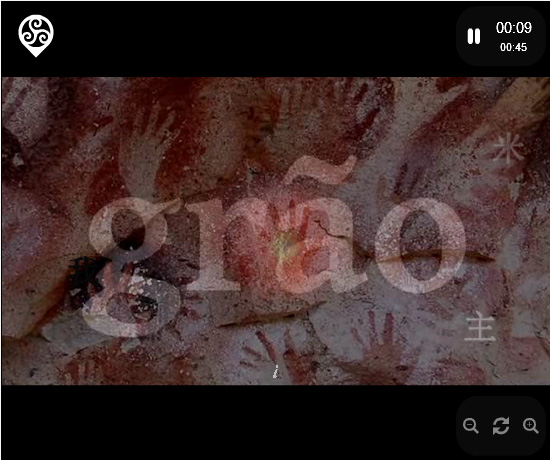Vol. 6 No. 2 (2018): Electronic Literature: Communities

ELO 2017
The ELO (Electronic Literature Organization) organized its 2017 Conference, Festival and Exhibits, from July 18-22, at University Fernando Pessoa, Porto, as well as several other venues located in the center of the historic city of Porto, Portugal. Titled Electronic Literature: Affiliations, Communities, Translations, ELO'17 proposed “a reflection about dialogues and untold histories of electronic literature, providing a space for discussion about what exchanges, negotiations, and movements we can track in the field of electronic literature.” Its aim was “to contribute to displacing and re-situating accepted views and histories of electronic literature, in order to construct a larger and more expansive field, to map discontinuous textual relations across histories and forms, and to create productive and poetic apparatuses from unexpected combinations.” Volume 6 of MATLIT: Materialities of Literature publishes selected articles from the ELO 2017 Conference. These have been divided into three issues according to the conference threads: 6.1 Affiliations, 6.2 Communities, and 6.3 Translations. Essays and research articles are published in the “thematic section,” while texts about artistic projects and installations are presented in the “mediascape” section.
Communities
We quote from the original description of the Communities theme: “Electronic literature is global. It creates a forum where subjects in the global network act out and struggle over their location and situation. The thread aims to expand our understanding of electronic literature communities and how literature is accounted for within diverse communities of practice.” Eugenio Tisselli’s eco-social take on the weight of light, and Matthew Kirschenbaum’s critique of the e-lit community’s techno-experimental fixation interrogate many of our own assumptions about the digital means of social and artistic production. Those opening interrogations also echo in the digital cinematic practices analyzed by Will Luers or in the feminist projects described by Maria Angel and Anna Gibbs. Sound recording and aural perception, the uses of sound in electronic literature, and digital literature for children are some of the topics addressed in papers that look at different communities of practice.
Rui Torres (University Fernando Pessoa)
Manuel Portela (University of Coimbra)







